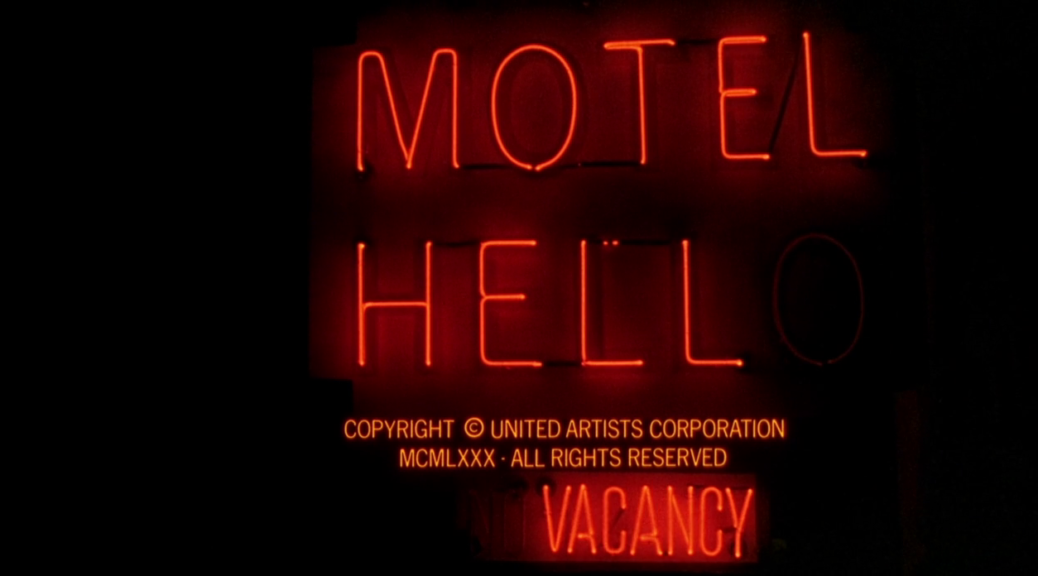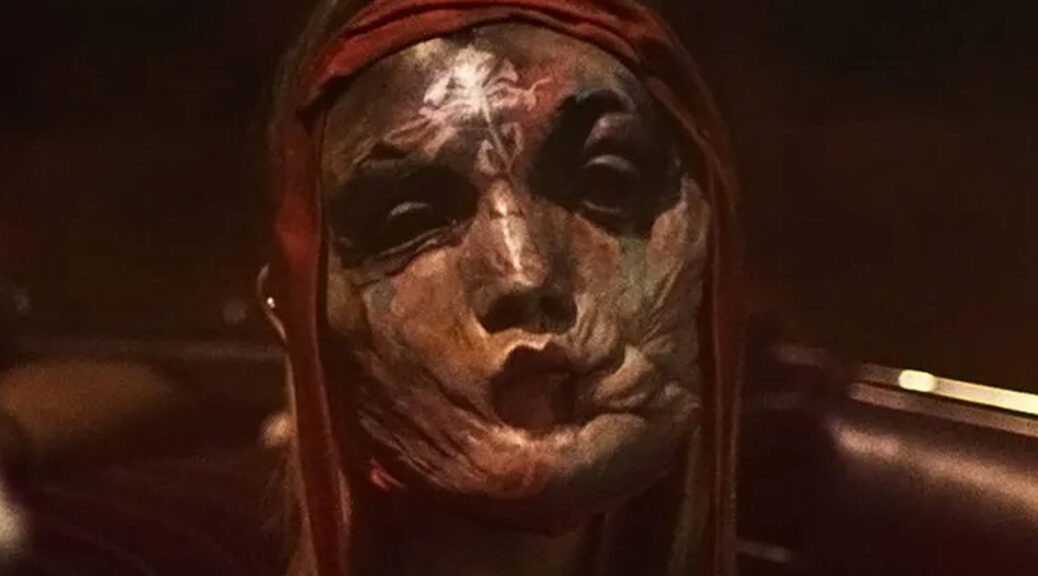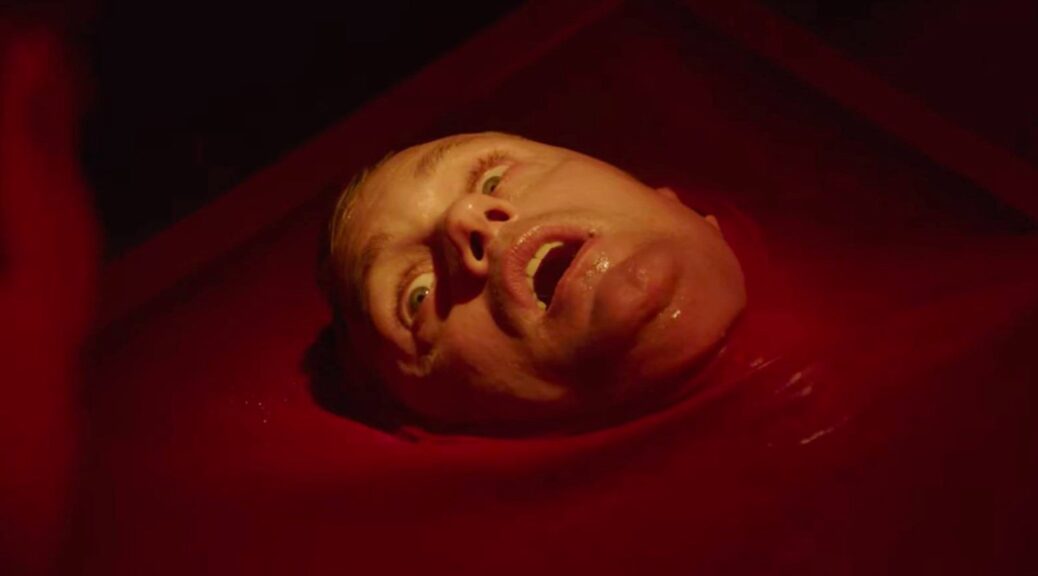Well, they’re here, and the 2023 Oscar nominations are a reminder that we actually had some hits this year. Blockbusters are all over this lineup, as are indies, returning favorites, first-time veterans, newcomers, surprises and – say it with us – snubs.
Here are our thoughts on this year’s Academy Award nominations:
Best Film
Sure, people will cheer and/or complain about the love of Avatar: The Way of Water and Top Gun: Maverick. Purists will point out that many, many smaller films boasted better acting and writing (Aftersun? The Woman King? Nope?), while others will be happy that, for once, they’ve seen a Best Picture nominee. Our issue is with Triangle of Sadness, which has too many nominations altogether. For our money, The Menu’s nuance succeeded where the obviousness of Triangle failed, and it did it in half the time.
Nominees:
All Quiet on the Western Front
Avatar: The Way of Water
The Banshees of Inisherin
Elvis
Everything Everywhere All at Once
The Fabelmans
Tár
Top Gun: Maverick
Triangle of Sadness
Women Talking
Best Director
Östlund took a spot that could have more deservedly gone to Sarah Polley (Women Talking) or the criminally unappreciated Park Chan-Wook, whose sublime Decision to Leave was entirely ignored.
Nominees:
Martin McDonagh, The Banshees of Inisherin
Daniel Kwan and Daniel Schenhert, Everything Everywhere All at Once
Steven Spielberg, The Fabelmans
Todd Field, Tár
Ruben Östlund, Triangle of Sadness
Best Lead Actress
Where is Danielle Deadwyler? Easily the biggest snub of the day, Deadwyler deserves to be on this list forher turn in Till without question. And while de Armas was the one saving grace in the 3+ hour dumpster fire that was Blonde, Oscar-worthy she was not.
We’re happy to see the surprise nomination for Riseborough, but we do also miss Emma Thompson for Good Luck to You, Leo Grande, and Viola Davis for The Woman King.
Nominees:
Cate Blanchett, Tár
Ana de Armas, Blonde
Andrea Riseborough, To Leslie
Michelle Williams, The Fabelmans
Michelle Yeoh, Everything Everywhere All at Once
Best Lead Actor
This card looked about as expected, but we couldn’t be more thrilled that Paul Mescal is being recognized for his beautiful turn in Aftersun.
Nominees:
Austin Butler, Elvis
Colin Farrell, The Banshees of Inisherin
Brendan Fraser, The Whale
Paul Mescal, Aftersun
Bill Nighy, Living
Best Supporting Actor
Brian Tyree Henry?! Yes, please! One of the biggest surprises this year is also one of the most welcome. Thrilled as well to see Keogan join Gleeson and, like everyone else, overjoyed that the undeniable Ke Huy Quan will be at the Oscars – even if he doesn’t win, although things are looking good for him.
Nominees:
Brendan Gleeson, The Banshees of Inisherin
Brian Tyree Henry, Causeway
Judd Hirsch, The Fabelmans
Barry Keogan, The Banshees of Inisherin
Ke Huy Quan, Everything Everywhere All at Once
Best Supporting Actress
We would have loved to see literally anyone from Women Talking get acknowledged here, but honestly, we don’t have a lot of nits to pick. Exceedingly happy for every single person who made this list.
Nominees:
Angela Bassett, Black Panther: Wakanda Forever
Hong Chau, The Whale
Kerry Condon, The Banshees of Inisherin
Jamie Lee Curtis, Everything Everywhere All at Once
Stephanie Hsu, Everything Everywhere All at Once
Best Original Screenplay
Oh how we hoped we’d see Nope on this list. Jordan Peele’s genre-bending treasure deserves the Triangle of Sadness spot, and if not him, Charlotte Wells for Aftersun.
Frontrunners have to be Banshees and EEAAO, but honestly, that seems to be the case in almost every single race.
Nominees:
The Banshees of Inisherin
Everything Everywhere All at Once
The Fabelmans
Tár
Triangle of Sadness
Best Adapted Screenplay
All Quiet on the Western Front earned a lot of nominations. It’s clearly frontrunner for Best International Picture, and a worthy screenplay for this ticket. We’d love to see it go to Women Talking, most deserving of all the nominees. But where is Guillermo del Toro’s Pinocchio? It’s a far superior adaptation in narrative and vision than Glass Onion or Top Gun: Maverick.
Nominees:
All Quiet on the Western Front
Glass Onion: A Knives Out Mystery
Living
Top Gun: Maverick
Women Talking
Best Animated Feature
Very quietly, 2022 was the best year for animated features in decades. Every last film on this list deserves an Oscar. So happy to see Puss In Boots and The Sea Beast make the list. Marcel the Shell was maybe the most charming film of 2022. Pixar released what may have been the most personal, accessible and needed film of its catalog with Turning Red. But del Toro out del Toroed himself with one of the best films, animated or not, of the year.
Nominees:
Guillermo del Toro’s Pinocchio
Marcel the Shell with Shoes On
Puss In Boots: The Last Wish
The Sea Beast
Turning Red
Best International Film
Where is Decision to Leave? Because it shouldn’t just have been nominated, it should have won. Not to take anything away from these films, each of which is truly wonderful. (Smart money’s on All Quiet on the Western Front in what is the surest lock of the show.)
Nominees:
All Quiet on the Western Front
Argentina,1985
Close
EO
The Quiet Girl
Best Documentary
We saw a lot of documentaries in 2022, none of which was a brilliant and moving use of the medium as Moonage Daydream. How it managed to go unsung by the Academy is a crime.
Nominees:
All That Breathes
All the Beauty and the Bloodshed
Fire of Love
A House Made of Splinters
Nevalny
Best Cinematography
Good choices, and nice that Bardo is getting a deserved nod here.
Nominees:
All Quiet on the Western Front
Bardo, False Chronicles of a Handful of Truths
Elvis
Empire of Light
Tár
Best Score
Sad to see no nods for GdT’s Pinocchio or Nope.
Nominees:
All Quiet on the Western Front
Babylon
The Banshees of Inisherin
Everything Everywhere All at Once
The Fabelmans
Best Song
We admit it, we were rooting for “Good Afternoon” from Spirited. And we thought TSwift had a shot with “Carolina” from Where the Crawdads Sing. But nominating RRR’s “Natu Natu” makes up for everything.
Nominees
“Applause” from Tell It Like a Woman
“Hold My Hand” from Top Gun: Maverick
“Lift Me Up” from Black Panther: Wakanda Forever
“Naatu Naatu” from RRR
“This Is a Life” from Everything Everywhere All at Once
The 95th annual Academy Awards will air on Sunday, March 12 on ABC.












